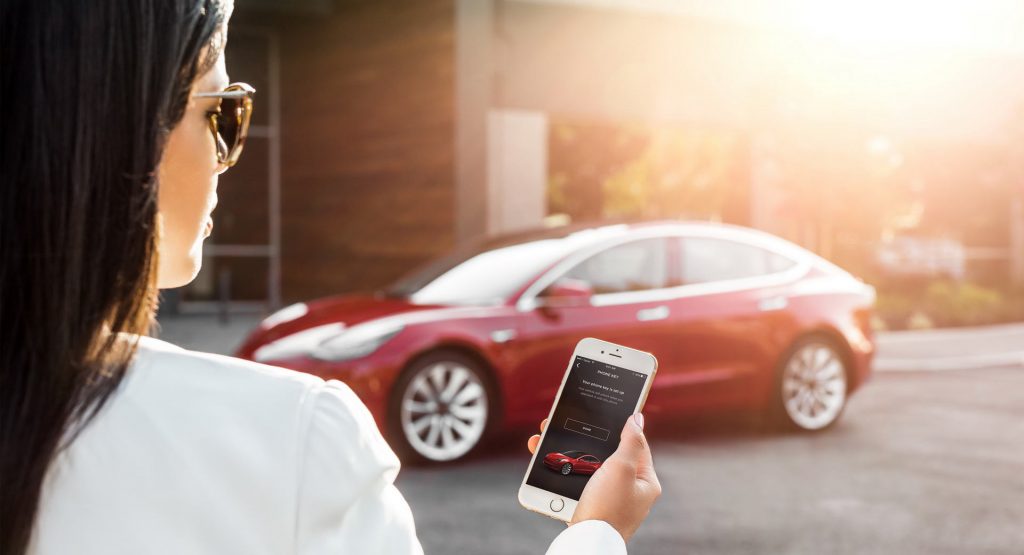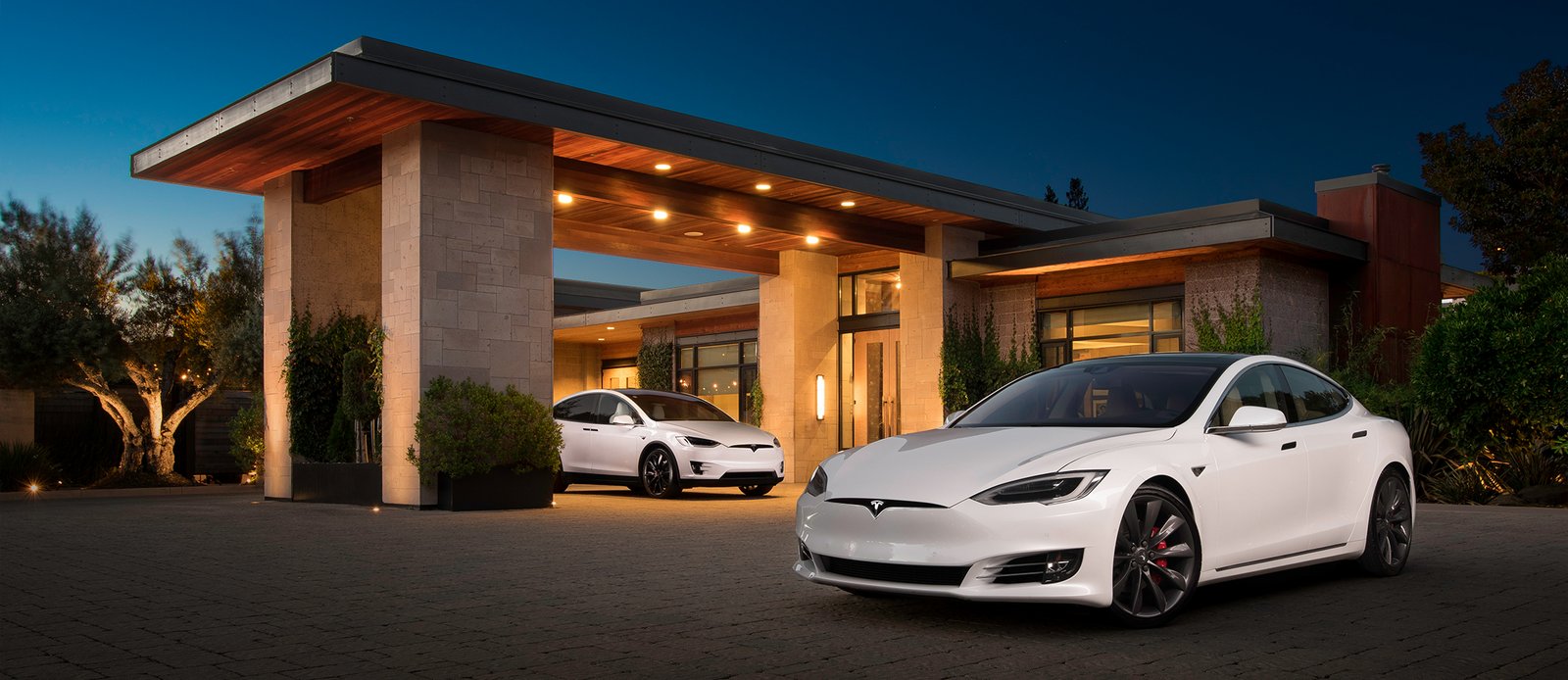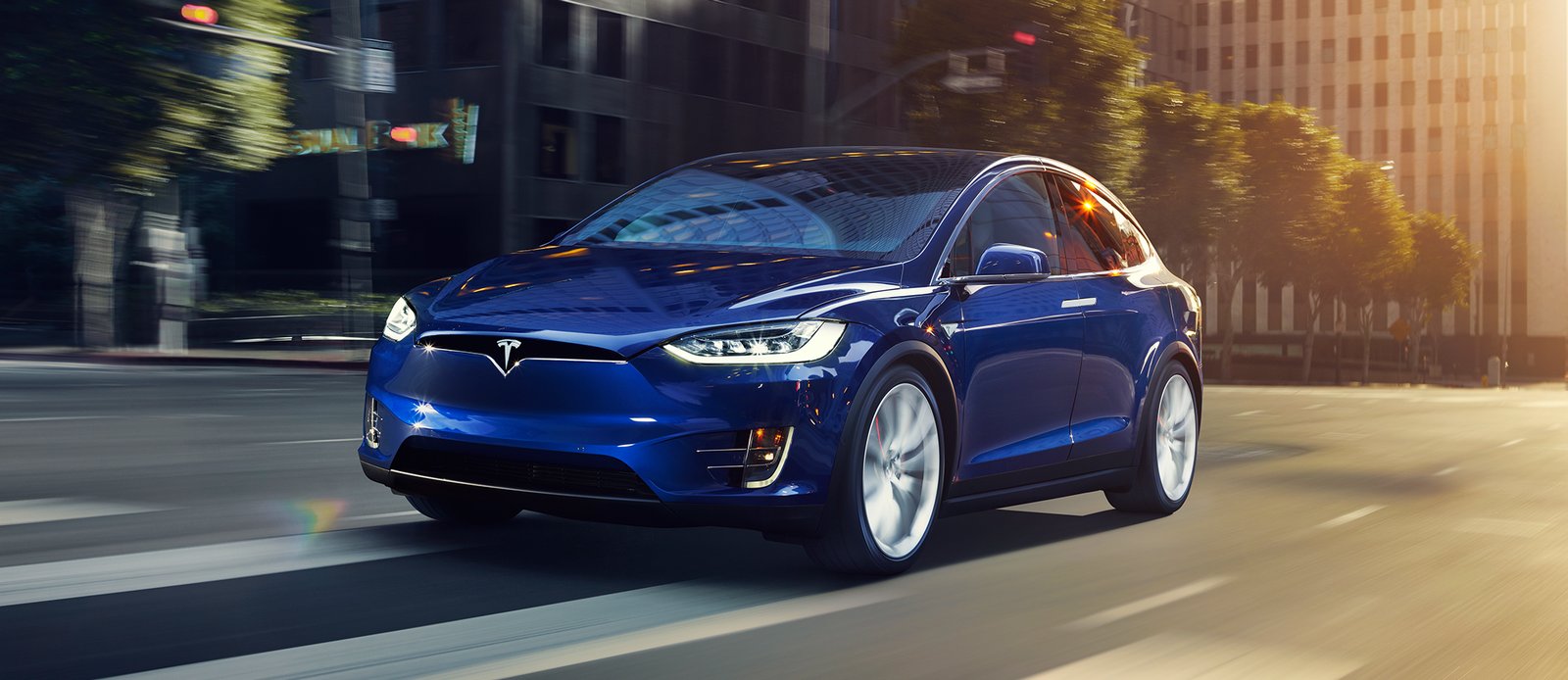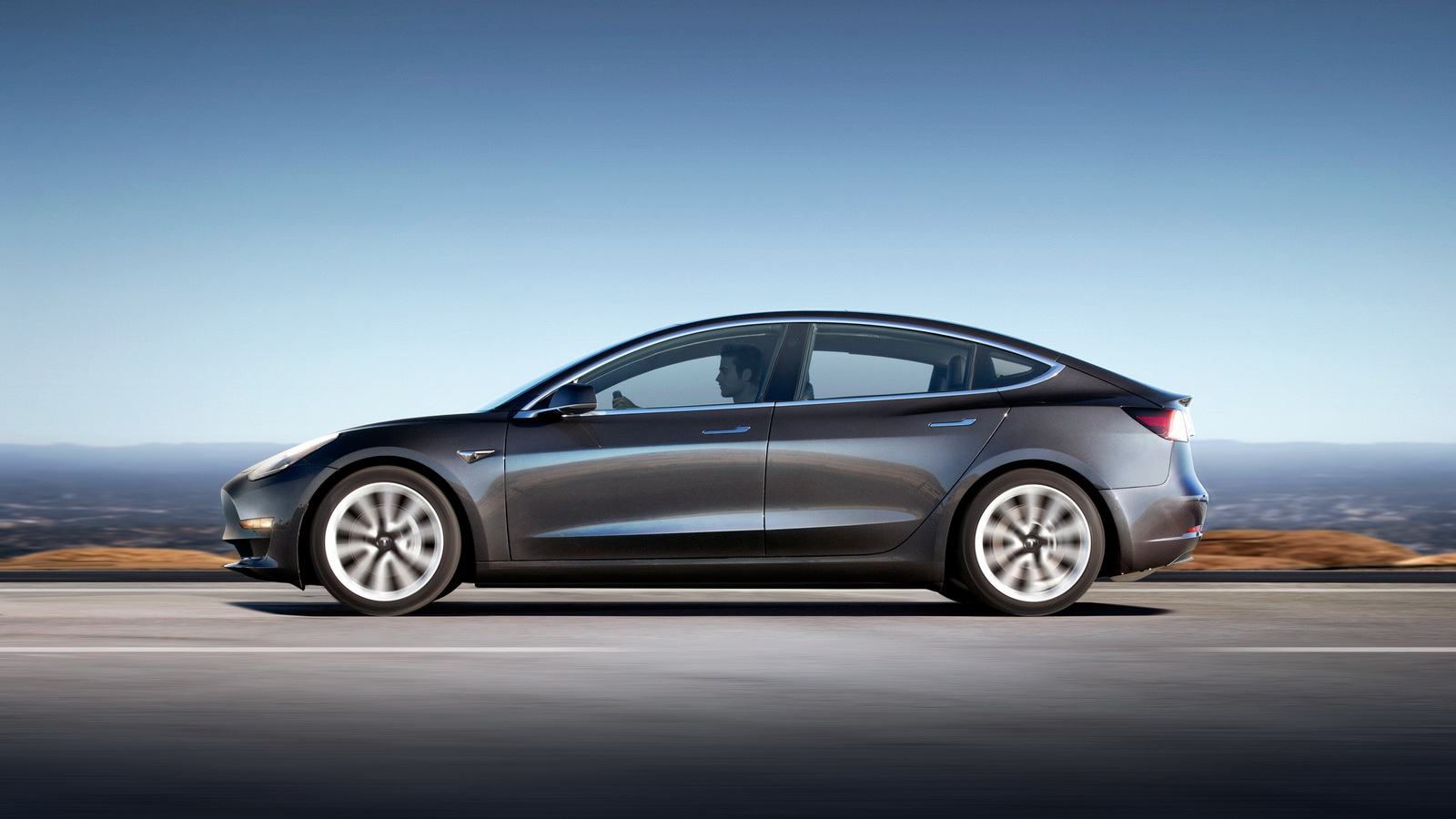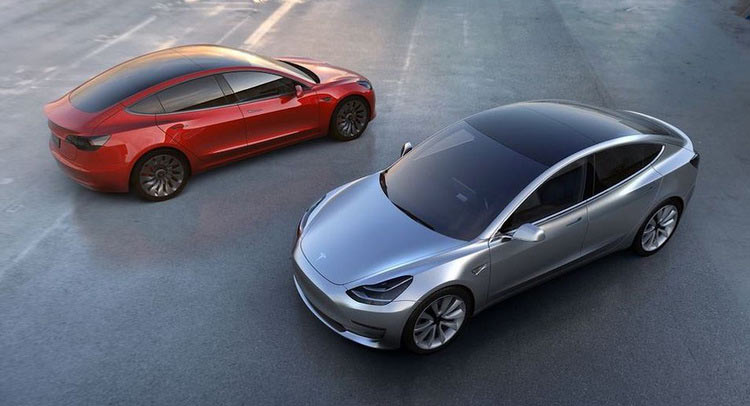Tesla announced it has delivered 200,000 cars in the US market, reaching a sales mark that triggers the phase out of the $7,500 federal tax credit.
This means that, for vehicles delivered from 2019, the incentive will be reduced by 50 percent every six months until it is ceases completely. Customers who’ll take delivery between January 1 and June 30 will receive a $3,750 tax credit, while from July 1 to December 31 the incentive drops to $1,875.
Buyers taking delivery of a new Tesla before December 31 of this year are still eligible for the full, $7.500 tax credit.
Tesla has become the first manufacturer to cross the 200,000-unit threshold, with General Motors being next in line. Nissan and Ford are the next closest to hitting the mark, but are estimated to still be years away from triggering the phase-out.
There have been some reports about the possibility of expanding the EV tax credit, but nothing so far points at that direction.
Tesla’s EV tax credit phase-out is expected to have a negative impact on future customers that wait for the entry-level, $35k Model 3.
The base version of the Model 3 isn’t expected to arrive in the market before 2019, and that means that it will have to face stiffer competition from rivaling models that are going to be still eligible for the full tax credit.




